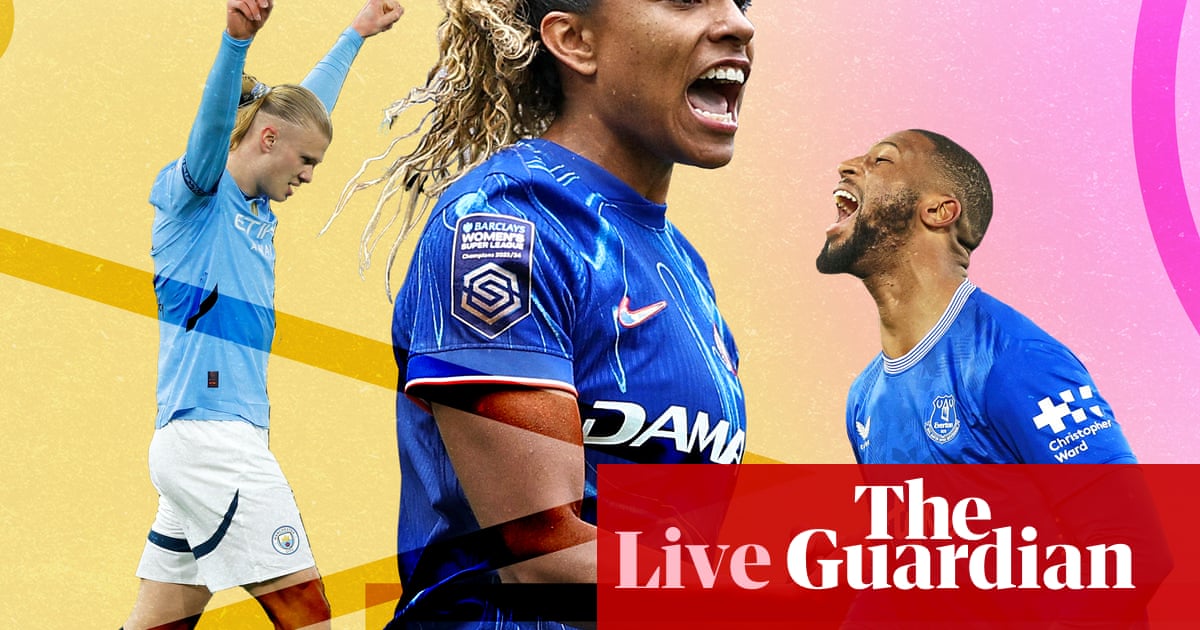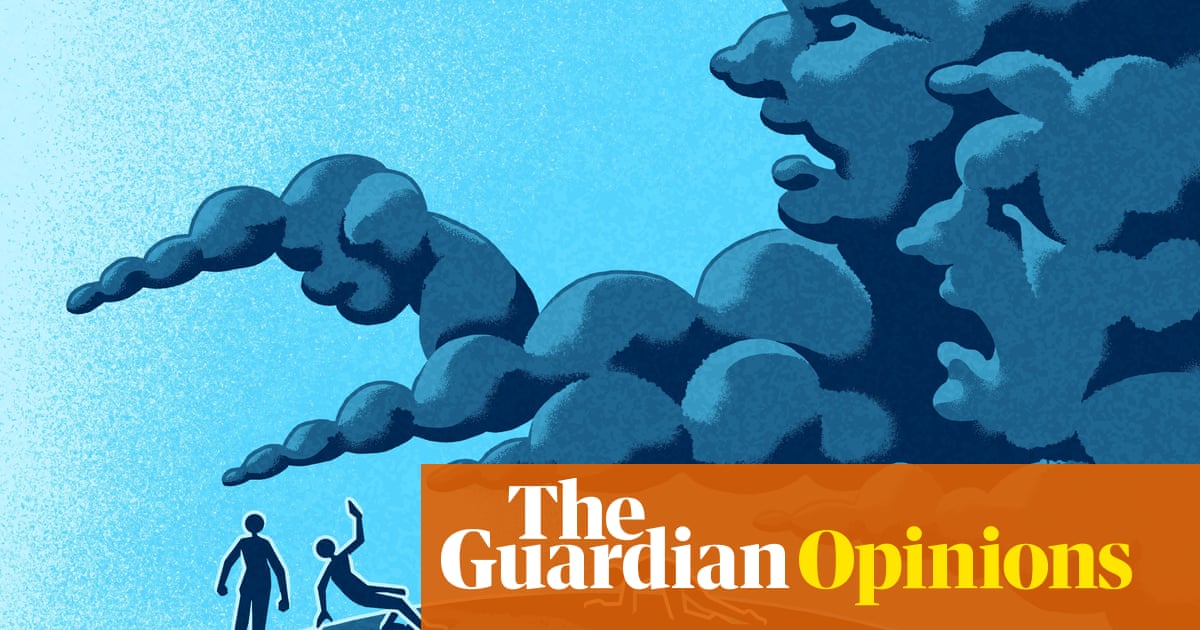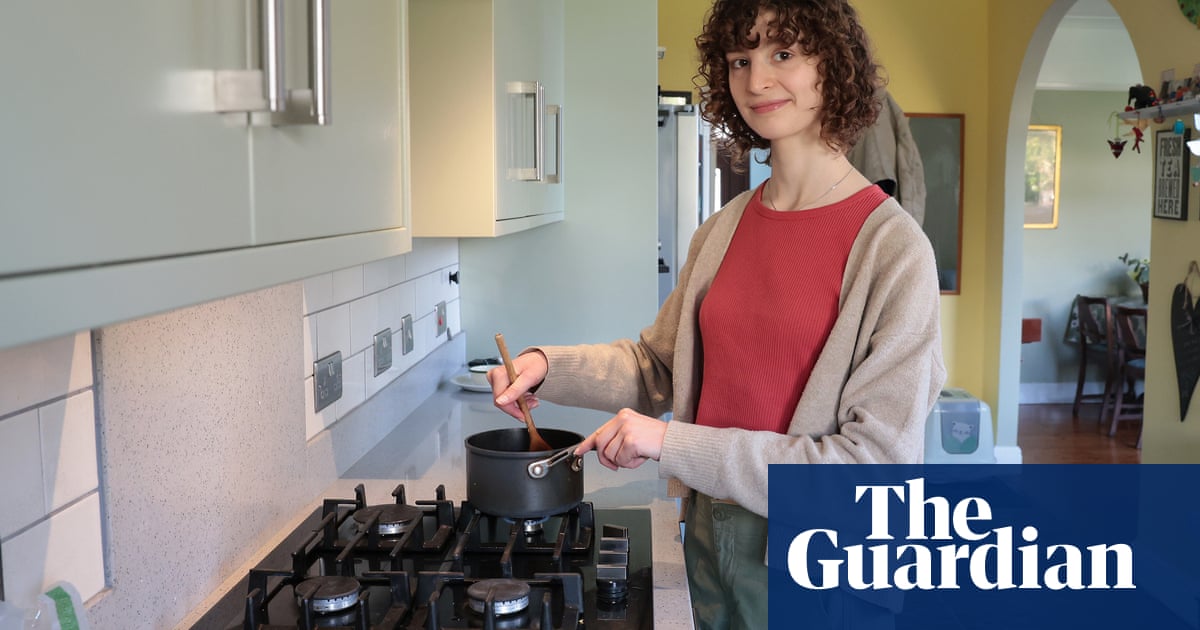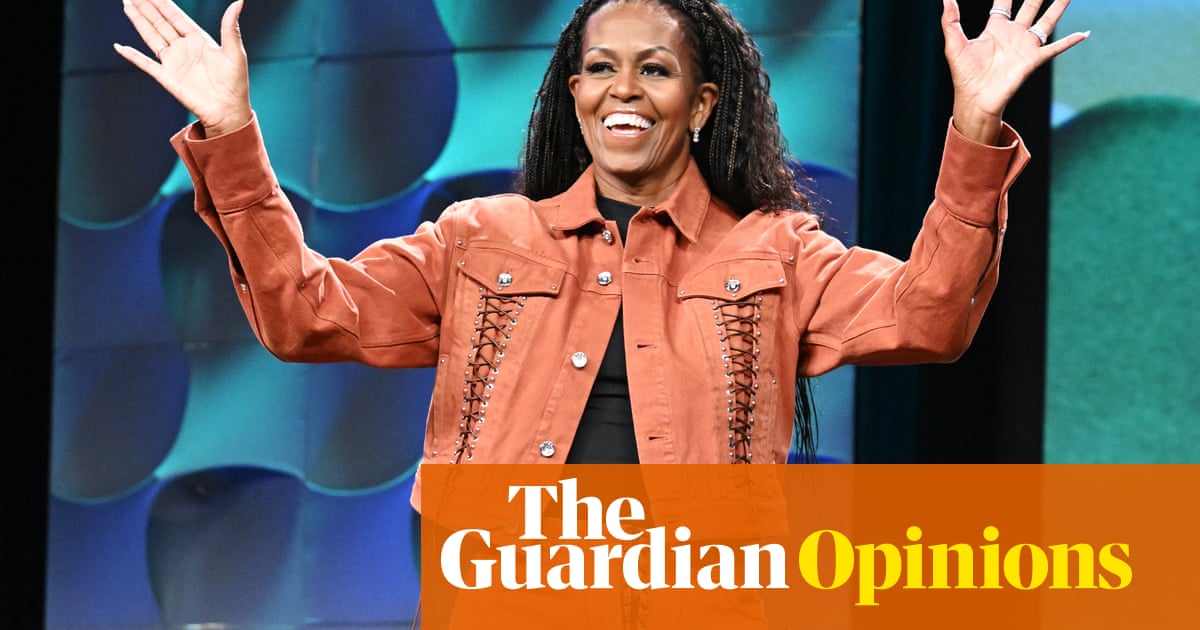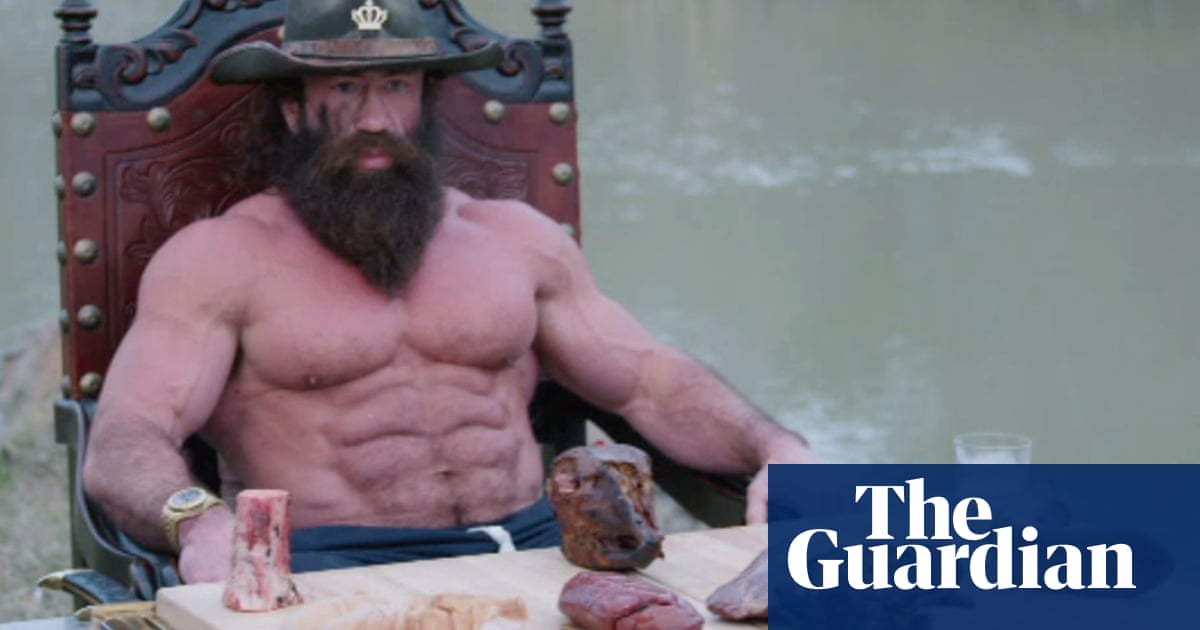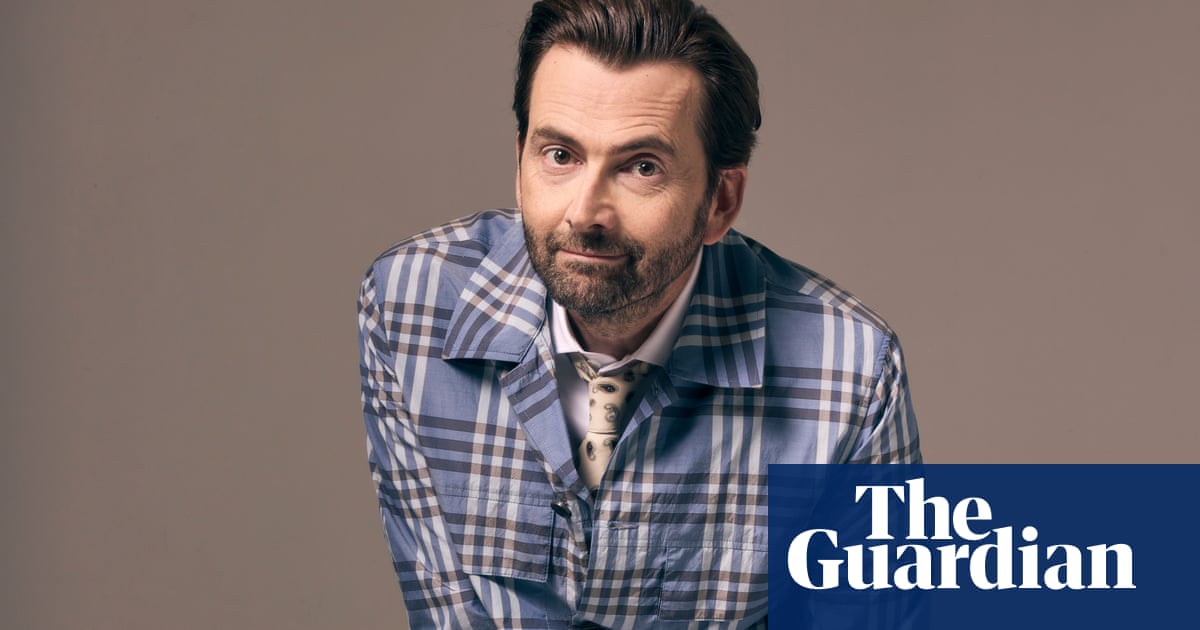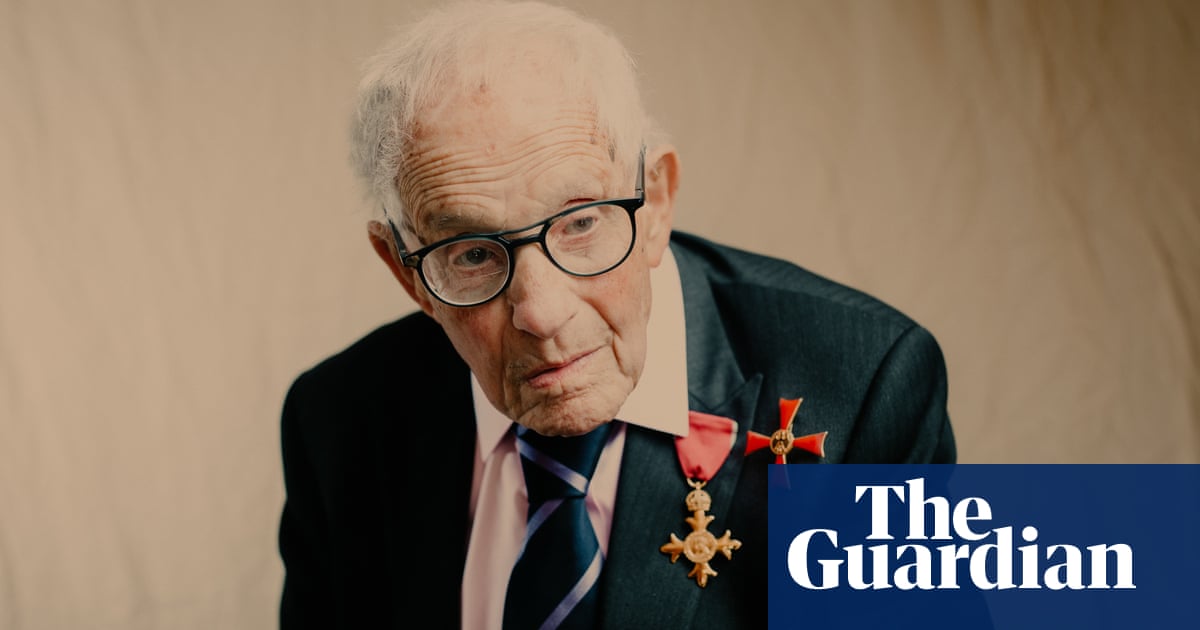Bridget Jones is back. The fabled diary (probably a Surface Pro now) has snapped back open. The cigarettes are doubtless replaced by a Vaporesso vape.
The new film, Bridget Jones: Mad About the Boy, again starring Renée Zellweger, is being released into cinemas on Valentine’s day, which feels appropriate. One of the most emotionally charged days of the year for the return of one of Britain’s more emotionally charged exports.
In the new and fourth film, Mark Darcy (Colin Firth) has been killed off in a landmine accident in Sudan (though he could be glimpsed in flashback). The dastardly Daniel Cleaver, played by Hugh Grant, returns (he was awol in the third, 2016, film, Bridget Jones’s Baby). Bridget has two new love interests. One, played by Chiwetel Ejiofor, is her son’s teacher (I sense a Darcy proxy). There’s also Leo Woodall as a younger man from a dating app. An age gap loosely tying in with the cinematic trend for older women with younger men: Nicole Kidman in Babygirl, Anne Hathaway in The Idea of You, and now Bridget with her Tinder squeeze.

Still, not everyone is mad about Bridget in the positive sense. For her fans, she’s the ultimate everywoman: messy, relatable, floating along on a tide of mid-price chardonnay. For others, she’s to blame for all the ills that have ever befallen modern womankind. And now? Do people love Bridget? Despair of her? Or is it that we demand too much of her? As we welcome back Bridget Jones, is it time to get off her case?
Never mind her hapless demeanour and signature big pants, Bridget Jones is also huge global business. It’s a foundational UK cultural franchise – one of the most successful, and both female-led and female-facing. The first film, Bridget Jones’s Diary, grossed $280m. It has longevity, too. It’s 30 years since Helen Fielding created Bridget Jones’s diary for a column in the Independent newspaper, 29 years since the first book and it’s still selling.
If “bums on seats” is the metric, there’s a core, enduring fondness for Bridget Jones that extends to the cast. When I interviewed Zellweger for the release of her 2019 Judy Garland biopic, Judy, she was clearly keen to revisit the character (“I do know that Helen has written another book, so maybe …”) . Zellweger has now said she hopes it’s not, as billed, the final film.
Just like that other 90s phenomenon, Oasis, Bridget also has a freshly minted Gen Z following. They seem to enjoy all the gags, observations, digs (“smug marrieds”, “fuckwittage”). Maybe more surprisingly, they also relish Jones’s chaotic honesty regarding her love life, smoking and calorie counting.
Still, some criticisms against Bridget haven’t been without foundation. In retrospect, did Zellweger putting on weight, Raging Bull-style (so that Bridget could lament about it), result in a hyper-successful body-shaming franchise? In the films, the very concept of single life in London – indeed, London itself – looked sanitised, verging on steam-cleaned.
Then there was Bridget’s promotion of dementedly frothy and frivolous womanhood (subliminal message: leave the thinking to the chaps!).
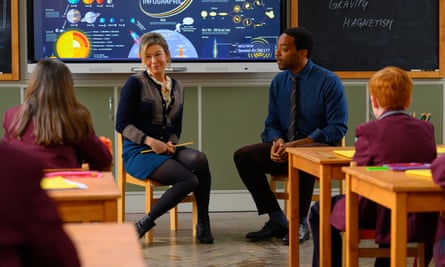
Exhibit A in the case against Bridget Jones was her submissiveness around men. The ditzy drooping in adorable pyjama bottoms. Her glee when pursued by the amusing but wolfish, quasi-predatory, toxic romcom cad Cleaver. Though some of us had more issues with wet-blanket Darcy (was he supposed to be all women could really cope with?). Was Bridget the ultimate Pick Me girl? Was the whole concept Very Poor Feminism?
By the time of the third film, in 2016, the concept of “Bridget Jones” itself seemed dated, worn, out of step. A creation not up to the task of manhunting in the app-heavy/online porn-ravaged grim new reality. Was Bridget Jones still everywoman or more of a dating woes dinosaur?
Richard Curtis has now apologised for the body-shaming and lack of diversity in the first two Bridget movies – as well as in some of his other films. Elsewhere, Grant has spoken about intervening in the new script about how Cleaver would be portrayed, which sounds wise. Post #MeToo, what amounts to office sexual harassment by Cleaver in the first films was never going to fly today, nor was Bridget lapping up any alpha male attention she could get.
There have been other significant changes in the Bridget camp. The new director is Michael Morris, who made To Leslie (the defiantly abrasive film starring Andrea Riseborough as a single mother who wins the lottery). Morris also worked on the Breaking Bad spin-off Better Call Saul.
While it may be a stretch to imagine Bridget cooking up crystal meth in her bijou London kitchen, it could herald some toughening of tone. Moreover, the book that the new film is based on was a more poignant offering from Fielding (who had the experience of her own partner’s death, in 2016, to draw on).

In truth, Bridget Jones needs to have changed. She isn’t just single this time round – she has to be older (in her early 50s). Singledom itself has changed, leastways the female mortal dread of it. Even in jest, it can’t be portrayed as some existential sinkhole of broken dreams. According to some reports, modern women are happier (and less fearful) than men about being single.
Nevertheless, the key question remains: why is Bridget Jones almost uniquely held to account for sins against modern womankind? One might wonder at the pressure for her to “represent”. Is the idea of her being a good or bad role model somewhat reductive in itself? Male movie characters from the same early noughties era, such as American Pie’s Stifler or Jason Bourne, never felt such heat.
Put into perspective, Bridget’s weight obsession seems less a kind of unilateral feminist faux pas than part of a wider cultural framing, from the same comic annexe of British culture that produced “Does my bum look big in this?”.
Similarly, romcom storylines continue to proliferate in everything from Bridgerton to One Day (which Woodall also starred in). Certainly, the ongoing Bridget-bashing seems odd in a climate where the adaptation of Jilly Cooper’s naughty 80s-era Rivals is widely celebrated. Even Sex and the City gets off relatively lightly when you consider that Carrie Bradshaw’s entire character profile was moping about in nice shoes, waiting for Big to commit to her.
Isn’t it time to ask: why are we specifically hard on Bridget Jones? Did she let us down? Did we somehow expect more from her? All these years later, is it all just a tad hypocritical?
Fielding has said of her creation: “With Bridget, it was about the gap between how you feel you’re expected to be and how you actually are”. Quite. In some ways, it’s as if Bridget has been dragged into the realms of documentary (to be held accountable), instead of being accepted as a fictional character.
We’ve forgotten that Fielding intended to lampoon how women were perceived to be, with a pastiche of inner dialogue. That Bridget was envisioned not merely as a manifestation of female faults, but also a shrug about them.
Is this why Gen Z has taken to Bridget? Perhaps reading the old books and watching the films, her moans (Men! Weight!) seem almost radical now. This, after all, is the generation forced to doom-scroll, “ghost” and “breadcrumb” through their own problematic romantic realities, and only be strong about it.
Young women know what it’s like to be constantly expected to be “filtered”. Say what you like about Bridget Jones, but she’s been anything but that.

 3 months ago
46
3 months ago
46
